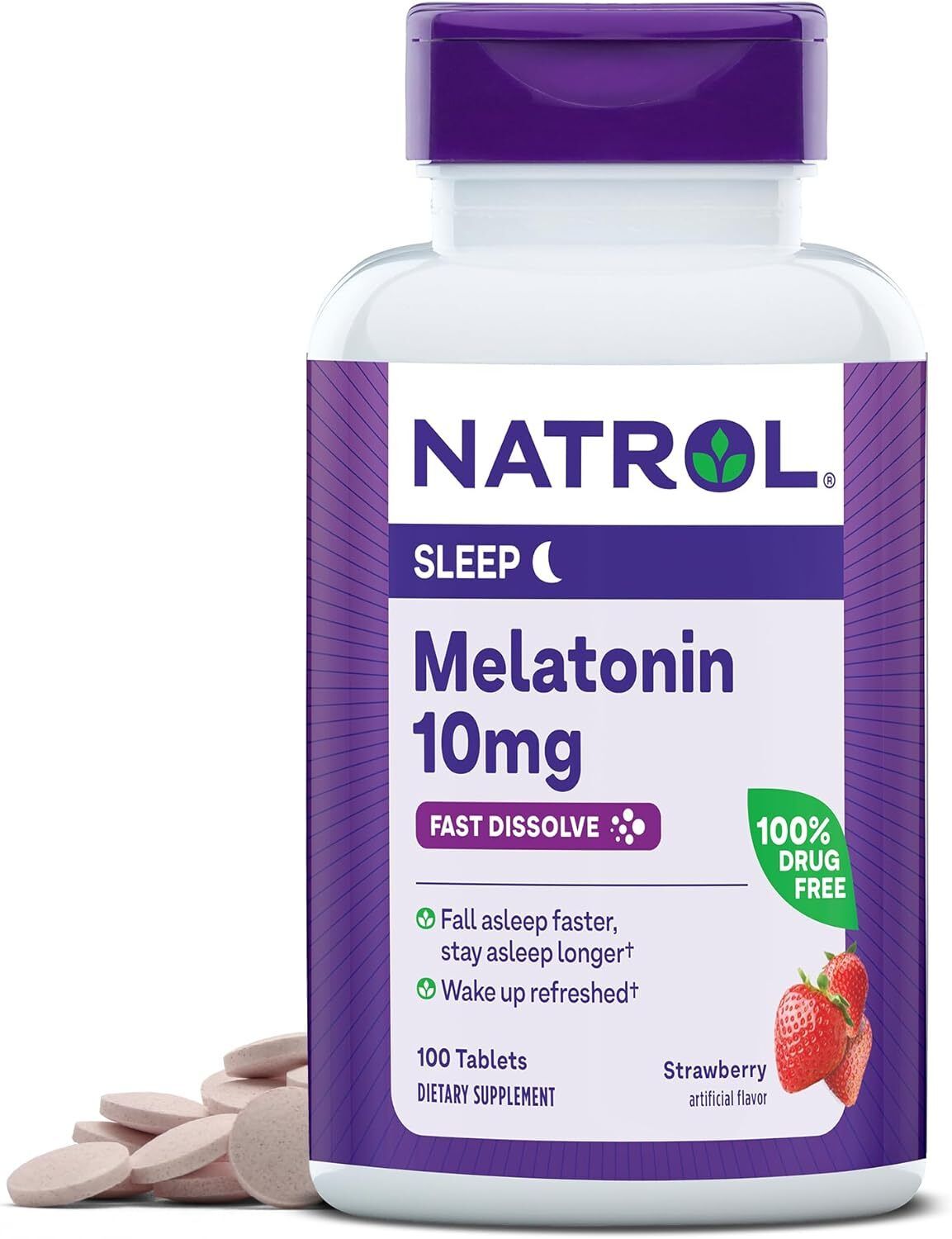- 40-something
- Posts
- How to dementia-proof your brain through menopause
How to dementia-proof your brain through menopause
Strategies to eat right, prioritise sleep, and exercise regularly for cognitive health through every stage.

Getting old is not for sissies ;) Dementia runs in my maternal bloodline, particularly Alzheimer’s disease which mainly affects my female relatives. Watching my aunts literally ‘lose their minds’ is scary as hell. They have no short-term memory, they find themselves immersed twenty or even thirty years back in time, and the cognitive decline gets so bad that they eventually can’t recognise their own children.
A very complex condition that’s ranked as the most feared health condition of our time, dementia affects millions of people globally with women being more at risk than their male counterparts. In fact, around twice as many women suffer with Alzheimer's disease in comparison to men, partly because women live longer, but also due to the hormonal changes during the stages of menopause which affect the brain.
My cousin and I were discussing just how bleak our own futures can be if we don’t prioritise this brain matter in three key areas: nutrition, sleep, and exercise. She asked me, “So, what can we do to prevent it?” I recalled this interview with Dr Mary Claire Haver and this interview with Dr Lisa Mosconi, and I answered: “Bio-identical Hormone Therapy; the earlier you start the better, plus loads of antioxidants and healthy fats, good quality sleep, and we must keep our bodies moving.”
So, with this in mind, here are proven ways to reduce your risk and strengthen your brain’s resilience, along with some advice specifically for women in perimenopause, menopause, or post-menopause:
1. Stay mentally active
Just like your body, your brain benefits from regular exercise. Engaging in mentally stimulating activities strengthens neural connections and may even generate new ones.
How to get started:
Learn a new skill or hobby, such as playing a musical instrument or speaking a foreign language.
Solve puzzles like crosswords or Sudoku, or try brain-training apps.
Read books on different topics to expand your knowledge.
Engage in social interactions that involve thoughtful conversation.
2. Get physical exercise
Physical activity is crucial for brain function. Exercise increases oxygenated blood flow to the brain, which helps improve memory and cognitive performance, and also helps counteract stress and its potential negative effects on the brain.
Note that menopause accelerates the loss of estrogen, which affects the brain’s ability to produce key proteins like brain-derived neurotrophic factor (BDNF), which is key to neuroplasticity and neurogenesis. Regular physical activity becomes especially important during this transition to stimulate production of BDNF, promote brain plasticity, reduce inflammation, and support overall cognitive function.
How to get started:
Aim for at least 30 minutes of moderate exercise, such as walking, swimming, or cycling, most days of the week. Notice if you swing your arms while walking as a lack of arm swing is a warning sign.
Incorporate strength training and balance exercises to improve coordination and protect against the degeneration of the hippocampus, which is involved with holding shot-term memory, learning, and emotions.
Yoga and Tai Chi are great for flexibility, reducing stress and promoting mental clarity. Chronic high cortisol (stress hormone) damages the hippocampus.
3. Maintain a healthy diet
What you eat directly impacts your brain health. Diets rich in antioxidants, healthy fats, and essential nutrients can protect your brain from oxidative damage and inflammation, both linked to cognitive decline. It’s important to remember that your brain is comprised mainly of water and cholesterol, but it does not source this cholesterol from your diet. Instead, the brain synthesises it from omega-3 essential fatty acids, which we source from fish oil. The loss of estrogen during menopause heightens the need for anti-inflammatory and neuroprotective nutrients like omega-3s and antioxidants.
Menopause is associated with an increased risk of insulin resistance, which can affect how the brain uses glucose. As insulin resistance worsens, the brain’s ability to use glucose efficiently declines, increasing the risk of Alzheimer’s disease. Maintaining a diet low in refined sugars and processed foods can help regulate blood sugar levels and prevent insulin resistance, which is linked to Alzheimer’s disease.
How to get started:
Follow the Mediterranean or MIND diet, which emphasises whole grains, low-sugar fruits like berries and avocados, vegetables, lean proteins (especially fish), and healthy fats like olive oil, coconut oil, and nuts.
Limit processed foods and sugary snacks so you can avoid caramelising your brain and developing type 3 diabetes where the neurons (brain cells) become insulin-resistant.
Soy products, flaxseeds, and legumes contain phytoestrogens and may help support cognitive function by providing mild estrogen-like effects, helping to bridge the gap caused by hormonal decline during menopause. Buy a phytoestrogen supplement
4. Prioritise quality sleep
Sleep plays a vital role in brain health, as it's during sleep that the brain clears toxins and beta-amyloid plaque, consolidates memories, and repairs itself. Chronic sleep deprivation is linked to an increased risk of dementia. Try to get good-quality REM sleep where you’re actually in Dreamland, and if you’re struggling, supplement with the sleep hormone Melatonin, which is also a powerful antioxidant. Buy a melatonin supplement
In women, estrogen plays a role in regulating sleep patterns by interacting with serotonin, a neurotransmitter that affects mood and sleep cycles. As estrogen declines during menopause, serotonin levels may be disrupted, leading to increased menopause-related sleep difficulties. This can impair the glymphatic system's ability to detox the brain.
How to get started:
Aim for 7–9 hours of sleep per night.
Establish a consistent sleep schedule, going to bed and waking up at the same time each day.
Create a calming bedtime routine, such as reading or meditation, to help you unwind.
Avoid screens and caffeine before bed, as they can interfere with your ability to fall asleep.
HRT (particularly estrogen therapy) may reduce night sweats and hot flashes, leading to more restful sleep, which in turn supports cognitive health.
5. Manage stress and mental health
Chronic stress and anxiety can lead to inflammation and hormonal changes that may negatively impact the brain over time. Mental health is an important factor in cognitive wellness, so it’s crucial to find ways to manage stress effectively.
Since high levels of the stress hormone cortisol can damage the hippocampus, a key brain region involved in memory, staying active helps manage stress and protects brain structures from cortisol-related damage.
How to get started:
Practice mindfulness and relaxation techniques like meditation, deep breathing, or yoga.
Engage in regular physical activity, which can reduce stress levels.
Reach out for support from friends, family, or mental health professionals if you're feeling overwhelmed or anxious.
Focus on gratitude or journaling to process emotions and cultivate positivity.
Supplement with ashwagandha, a natural adaptogen, to help to reduce cortisol. Buy organic ashwagandha
Loneliness and isolation can negatively impact brain health, leading to faster cognitive decline. Engaging in social activities and building relationships help keep your brain sharp and engaged.
How to get started:
Stay in touch with family and friends, whether through in-person visits, phone calls, or video chats.
Join clubs, volunteer organisations, or community groups to meet new people and stay active.
Participate in group activities, such as a book club, exercise class, or team sports.
7. Quit smoking and limit alcohol
Smoking and excessive alcohol consumption are both linked to a higher risk of cognitive decline and dementia. Eliminating or reducing these habits can significantly improve your long-term brain health.
How to get started:
If you smoke, seek out resources or support to help you quit, such as counselling, nicotine replacement therapy, or a support group.
Limit alcohol to moderate levels—up to one drink per day for women and two drinks per day for men.
Replace social drinking with other healthy habits, like exercising or engaging in hobbies.
Final thoughts…
Yikes! That was information overload, I know… I humbly apologise, but simply telling you what to do to dementia-proof your brain was not enough. I thought it’s important that you have context so that you know why you have to implement these recommendations as a way of life. While there is no guaranteed way to prevent dementia, it’s never too late to make a positive change for your brain health.
Stay sane, darling!
Umayya xx

